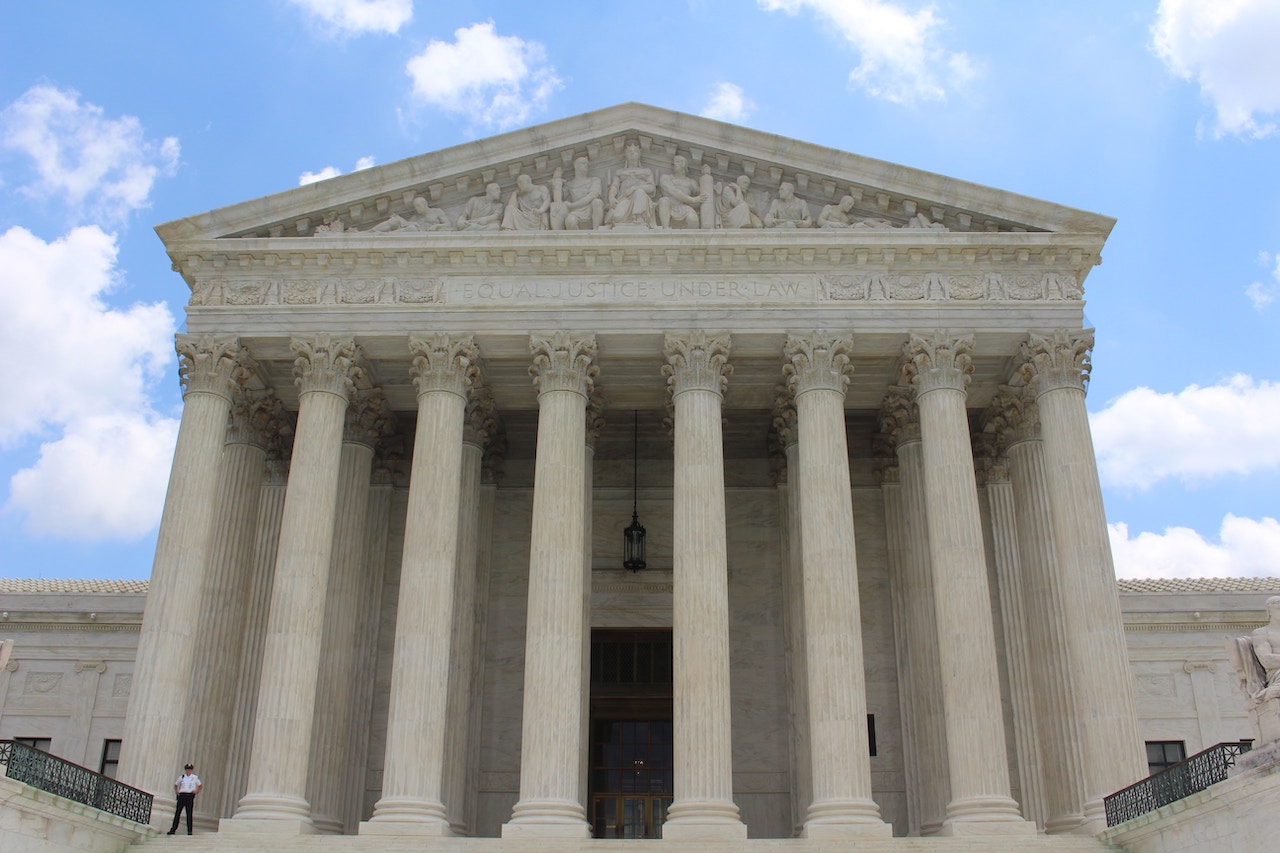On April 24, 2019 the U.S. Supreme Court held that an ambiguous arbitration clause is not sufficient under the Federal Arbitration Act (FAA) to force class arbitration on a non-consenting party. Lamps Plus, Inc. v. Varela, No. 17-1988. The Court concluded that lower courts may not draw an inference from an ambiguous agreement that the parties consented to class arbitration and that neither silence nor ambiguity can establish a party’s consent to class arbitration under the FAA. This is because, according to the Court, parties’ consent to arbitrate is the foundational principle of arbitration agreements.
Lamps Plus is another extension of the Supreme Court’s pattern of deference toward arbitration waivers. Previously, in Stolt-Nielsen S.A. v. Animal Feeds International Corp., 559 U.S. 662 (2010), the Court held that a party may not compel class arbitration unless the parties agreed to do so in writing in the underlying agreement. In the event the arbitration agreement is silent on whether class arbitration is permitted, then only single-plaintiff arbitration is authorized.
Lamps Plus considered how lower courts should respond when arbitration agreements are ambiguous as to whether the parties consented to class arbitration. While the lower courts held that the parties’ arbitration agreement was ambiguous with respect to class arbitration, Lamps Plus drafted the contract and, because they were arguing against class arbitration, ambiguity should be construed against the drafter. The Supreme Court disagreed with the lower courts and held that the ambiguity in the arbitration agreement was fatal to the employees’ pursuit of class arbitration under the FAA. In short, because arbitration is based on consent, when an arbitration agreement is silent or ambiguous on class arbitration, there will be single-Plaintiff arbitration instead.
The Supreme Court’s decision shows that the language of arbitration agreements must be clear on the exact nature of the arbitration agreement reached by the parties. Due to the challenges presented by class arbitration versus individual arbitration, in the event there is ambiguity, federal courts will construe agreements to arbitrate against class arbitration.

